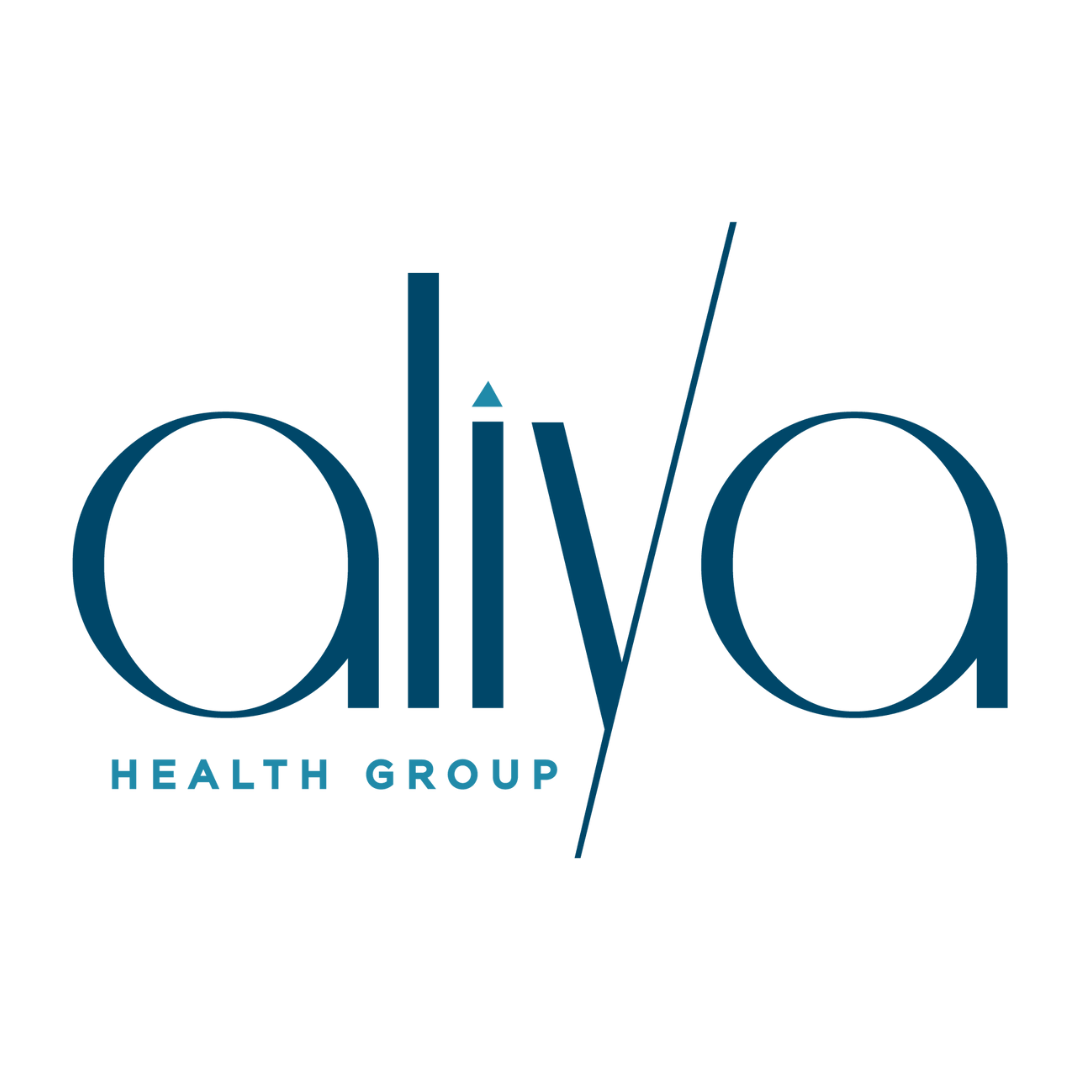Seeking help for recovery can feel daunting, but you’re not alone. Recovery support groups for addiction offer a safe space, providing invaluable support and guidance. One group that’s gained popularity in the sobriety movement is SMART Recovery. What does SMART Recovery stand for, what are its goals, and what can you do to prepare for your first SMART Recovery meeting? We’ve got you covered.
What Are Recovery Support Groups?
Recovery support groups serve as havens for individuals struggling with addiction, mental health issues, or other life challenges. These groups create a nurturing environment where members can openly share their experiences, offer mutual support, and find peace. They operate on the principle of solidarity, recognizing that the journey toward recovery is often easier when traveled collectively.
In these groups — available in-person and online — individuals gather to discuss their struggles, triumphs, and setbacks in a non-judgmental setting. Through active participation, members not only receive support, but also provide it to others, fostering a sense of community and belonging.
Examples of well-known recovery support groups include:
- Alcoholics Anonymous (AA)
- Narcotics Anonymous (NA)
- SMART Recovery
- Refuge Recovery
- Celebrate Recovery
- LifeRing Secular Recovery
Each group may have its own unique approach and focus, but they all share the common goal of helping individuals navigate the challenges of sustaining recovery.
What Is SMART Recovery?
SMART Recovery stands for self-management and recovery training. It’s a modern and evidence-based approach to addiction recovery and relapse prevention. Established in 1994, SMART Recovery has evolved into a global network of support groups and resources assisting individuals in overcoming addictive behaviors. The organization is run by a combination of trained volunteers and professionals who are committed to providing effective tools and strategies for recovery.
Unlike traditional 12-step programs, SMART Recovery groups emphasize self-empowerment and self-reliance, guided by scientific principles and evidence-based practices. Through its meetings (in-person and online), online forums, and resources, SMART Recovery equips individuals with practical skills to manage cravings, cope with triggers, and navigate the challenges of recovery. Its approach is flexible and tailored to the individual, allowing participants to create personalized plans for change based on their unique needs and circumstances.
What Is the Goal of SMART Recovery?
The main goal of SMART Recovery is to empower individuals to overcome addictive behaviors and lead fulfilling lives through self-management and evidence-based practices. Unlike traditional 12-step programs, SMART Recovery does not adhere to specific principles but instead emphasizes several key points of emphasis:
- Motivation: SMART Recovery encourages individuals to explore and enhance their motivation for change. Participants learn to identify their reasons for wanting to overcome addiction and develop strategies to maintain motivation throughout their recovery journey.
- Urges: Recognizing and managing urges and cravings is a central focus of SMART Recovery. Participants learn techniques to cope with urges in healthy and constructive ways, such as distraction techniques, mindfulness practices, and urge surfing.
- Problem-solving: Effective problem-solving skills are essential for navigating the challenges of recovery. SMART Recovery teaches individuals how to identify and address obstacles to sobriety, develop practical solutions, and implement strategies to overcome setbacks.
- Lifestyle Balance: Achieving a balanced and fulfilling life is a key component of long-term recovery. SMART Recovery encourages individuals to explore their values, set meaningful goals, and create a healthy lifestyle that supports their overall well-being.
While SMART Recovery does not follow a set of principles like traditional 12-step programs, it does provide a framework. The SMART Recovery handbook helps individuals develop their personalized recovery plan based on these key areas of emphasis: self-empowerment, practical skills, and individualized approaches. Ultimately, SMART Recovery aims to equip participants with the tools and resources they need to achieve lasting sobriety and fulfillment.
Get confidential help from our addiction and mental health treatment facilities located across the United States. Call to join one of our quality programs today!
Speak With Our Admissions TeamSMART Recovery vs AA: Which Is Better?
When considering options for addiction recovery support, individuals often weigh the differences between SMART Recovery and Alcoholics Anonymous (AA). While both programs offer valuable resources and support, they have distinct approaches that may appeal to different individuals based on their preferences and needs.
SMART Recovery:
- Approach: SMART Recovery is grounded in scientific principles and evidence-based practices. It emphasizes self-empowerment, self-reliance, and practical skills for managing addictive behaviors.
- Flexibility: SMART Recovery groups offer a flexible and customizable approach to recovery, allowing you to tailor your treatment plan to suit your unique circumstances and preferences. Meetings are available in different languages, for different genders, and even military veteran specific.
- Focus: The program focuses on teaching participants specific techniques for managing cravings, coping with urges, problem-solving, and achieving lifestyle balance.
- Appeal: Individuals who prefer a secular and non-spiritual approach to recovery may find SMART Recovery more appealing. Additionally, those who are drawn to a structured and skills-based approach may thrive in this environment.
Alcoholics Anonymous (AA):
- Approach: AA follows a spiritual, 12-step model that emphasizes surrender to a higher power for healing and recovery. Meetings typically involve sharing personal experiences, seeking guidance from a sponsor, and working through the steps.
- Community: AA fosters a strong sense of community and fellowship among members. The program relies on peer support and accountability, with sponsors providing guidance and encouragement.
- Tradition: With decades of history and tradition, AA has established itself as a widely recognized and respected program for addiction recovery.
- Appeal: Individuals who find comfort in spirituality, value the sense of belonging that comes from group meetings, and appreciate the structure of the 12-step program may prefer AA.
Ultimately, the choice between SMART and AA depends on individual preferences, beliefs, and needs. Some people resonate more with the evidence-based approach and flexibility of SMART Recovery, while others prefer the spiritual framework and community of AA. It’s essential to explore both options, attend meetings, and determine which program aligns best with your values and goals for recovery.
Tips for Attending Your First SMART Recovery Meeting
Attending your first SMART Recovery meeting can be a pivotal step on your journey to recovery. To make the most out of your experience and feel comfortable in the supportive environment, consider the following tips:
- Be Open to Sharing: While sharing personal experiences is not required, it can be immensely beneficial. Sharing allows you to connect with others, gain insights, and receive support from fellow members. If you feel comfortable, don’t hesitate to share your thoughts, struggles, and successes during the meeting.
- Practice Active Listening: Listening attentively to others’ experiences is just as important as sharing your own. Practice active listening by maintaining eye contact, nodding to show understanding, and refraining from interrupting. By listening empathetically, you not only support others but also gain valuable insights and perspectives.
- Respect Confidentiality: Remember that what is shared in the meeting stays in the meeting. Respect the confidentiality of fellow members by refraining from discussing specific details outside of the group. Creating a safe and trusting environment is crucial for the success of SMART Recovery meetings.
- Ask Questions: Don’t hesitate to ask questions if you’re unsure about something or need clarification. SMART Recovery meetings are meant to be educational and supportive, and asking questions can help deepen your understanding of the program and its principles.
- Stay Open-Minded: Approach the meeting with an open mind and willingness to learn. Keep in mind that everyone’s journey to recovery is unique, and you may encounter different perspectives and approaches during the meeting. Stay open to new ideas and be receptive to feedback from others.
- Practice Self-Compassion: Recovery is a challenging process, and it’s essential to be kind and compassionate with yourself. Acknowledge your progress, no matter how small, and avoid being too hard on yourself if you encounter setbacks. Remember that recovery is a journey, and every step forward is a significant achievement.
- Use Resources: Take advantage of resources provided by SMART Recovery, such as the SMART Recovery Handbook and online forums. These resources offer additional support and guidance outside of meetings and can help reinforce what you learn during sessions.
- Set Realistic Goals: Set achievable goals for yourself and celebrate your progress along the way. Whether it’s attending meetings regularly, practicing coping skills, or making positive lifestyle changes, setting realistic goals can help keep you motivated and focused on your recovery journey.
By following these tips, you can make the most out of your first SMART Recovery meeting and set yourself on the path to a healthier and more fulfilling life.
Looking for quality treatment for substance abuse and mental health that’s also affordable? Aliya Health Group's treatment facilities accept most major insurance providers. Get a free insurance benefits check now!
Check Your CoverageSMART Recovery at Aliya Health Group
Aliya Health Group is a nationwide network of addiction treatment centers known for diverse, evidence-based programs for substance use disorders and co-occurring mental health disorders. We know that peer support is a critical part of recovery, which is why we offer 12-step programs and alternatives like SMART Recovery.
Our approach to finding the right 12-step groups help those who attend them feel accountable and supported in their recovery journey. These meetings encourage participants to get in touch with a higher power and to work with a sponsor who can help guide them along in the early days of sobriety. For those who don’t relate to the concepts in the 12 Steps, our SMART Recovery groups provide a secular space to develop a positive, balanced, and healthy lifestyle among like-minded individuals.
No matter which type of support you choose, we appreciate each individual’s unique strengths — and we know that as a unit, we are stronger. Call us today for a free, confidential consultation to learn how we can help.
- 12-Step Interventions and Mutual Support Programs for Substance Use Disorders: An Overview – PMC (nih.gov)
- NA
- Have a problem with alcohol? There is a solution. | Alcoholics Anonymous (aa.org)
- Home – SMART Recovery
- Refuge Recovery World Services
- Front Page – LifeRing Secular Recovery
- Home – Celebrate Recovery®

















